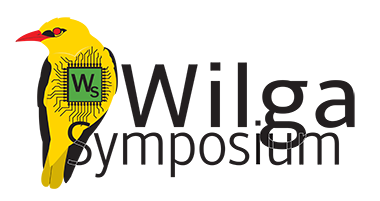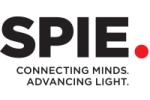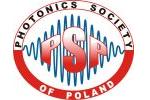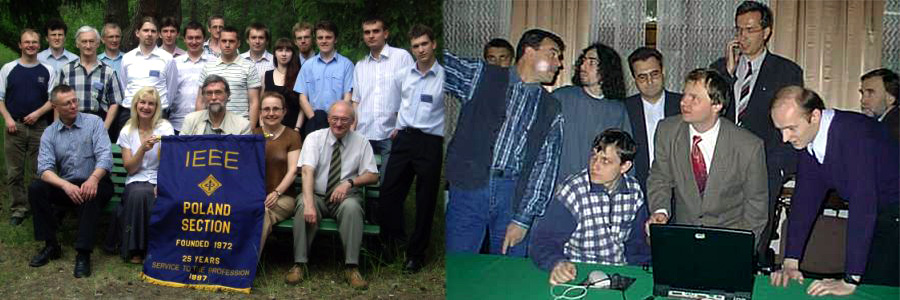
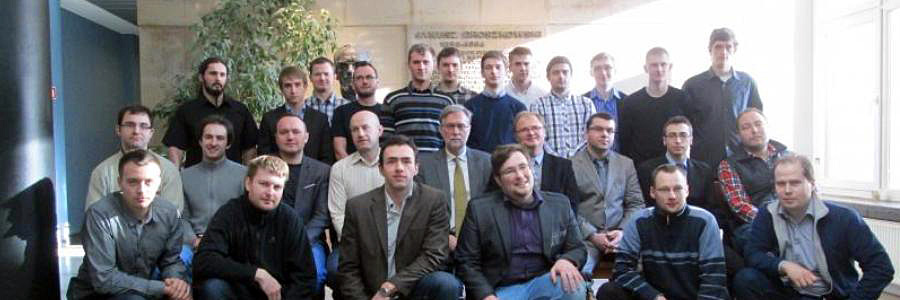
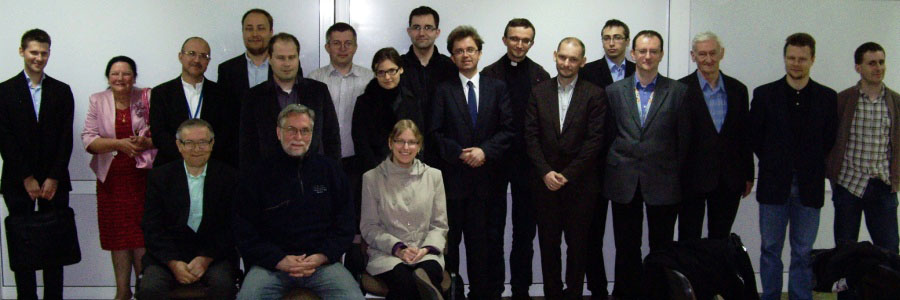
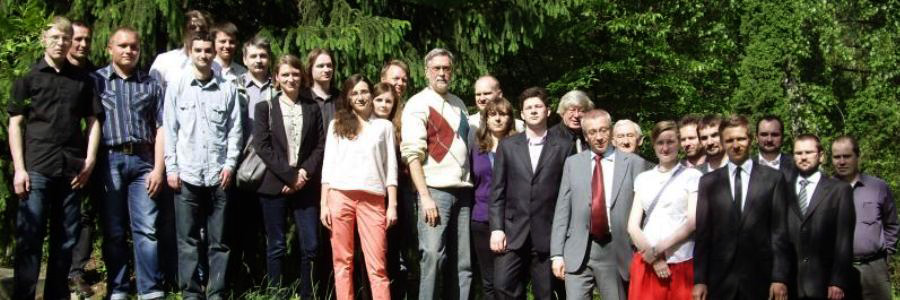
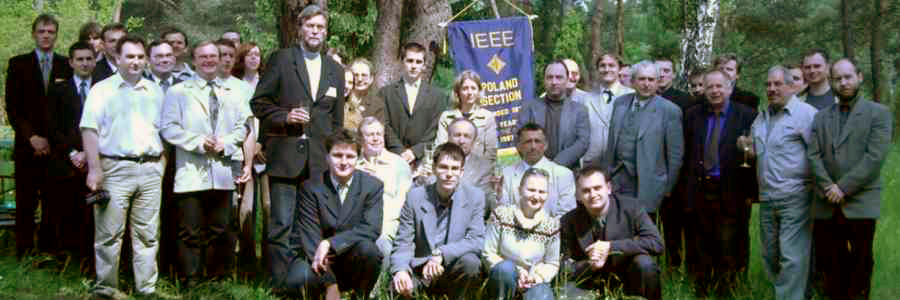
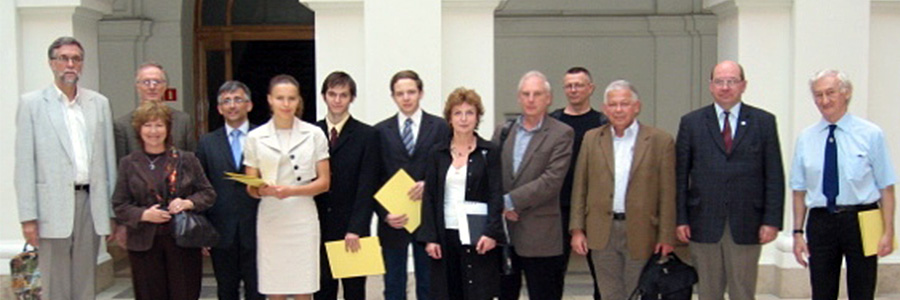
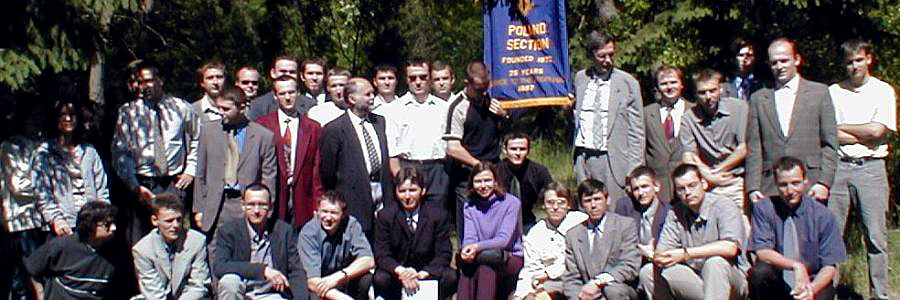
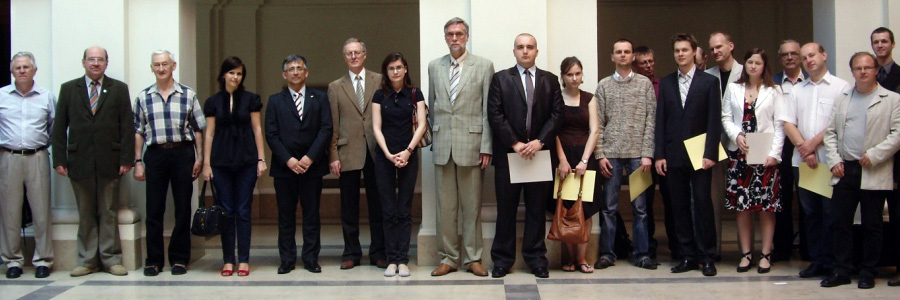
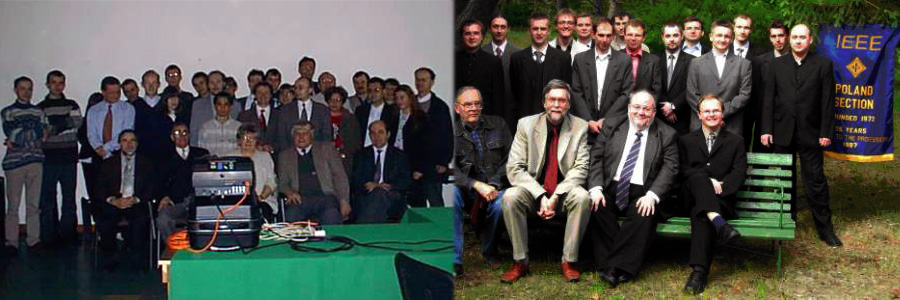
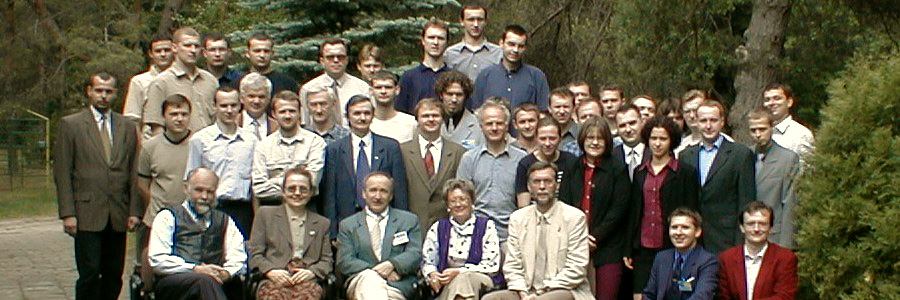
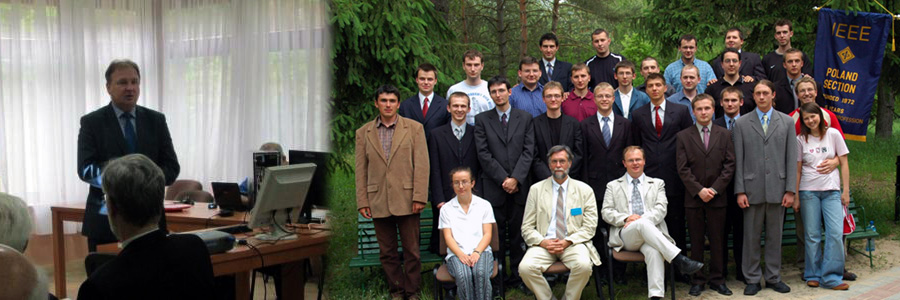
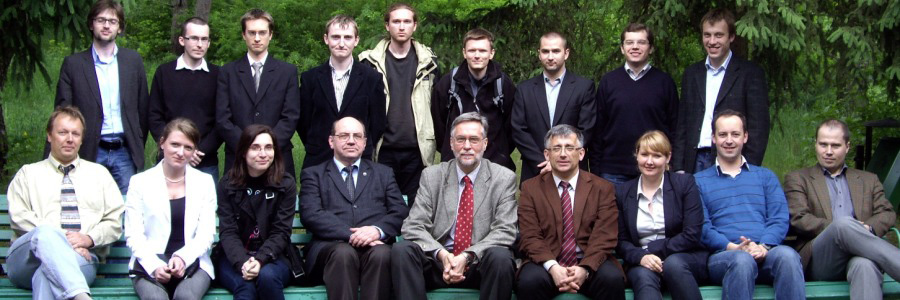
Noise Performance Analysis for the Silicon Tracking System Detector and Front-End Electronics
Noise Performance Analysis for the Silicon Tracking System Detector and Front-End Electronics
Weronika Zubrzycka, Krzysztof Kasiński
Department of Measurement and Electronics, AGH University of Science and Technology,
Av. Mickiewicza 30, 30-059, Krakow, Poland
The Silicon Tracking System (STS) is one of the detection stations of the Compressed Baryonic Matter (CBM) experiment being developed at the FAIR center in Darmstadt, Germany. This detector will be used for a standalone charged-particle trajectory measurements and associated momentum determination. The noise performance is the most important design parameter for the STS system and therefore requires special attention during design. The noise analysis presented in this work includes not only the readout chip (its feedback resistance and input transistor), but also a detector, which is a silicon micro-strip sensor, connecting cables and some other components. The analysis can be performed based on calculations by bringing all of these components to three equivalent noise sources connected to the amplifier’s input, namely: parallel current noise, series white noise, and series 1/f (or flicker) noise. We present the calculations of the overall system noise performance, determination of the dominant noise contributors and possible solutions to achieve very low noise operation in a harsh, noisy environment.
Author: Weronika Zubrzycka